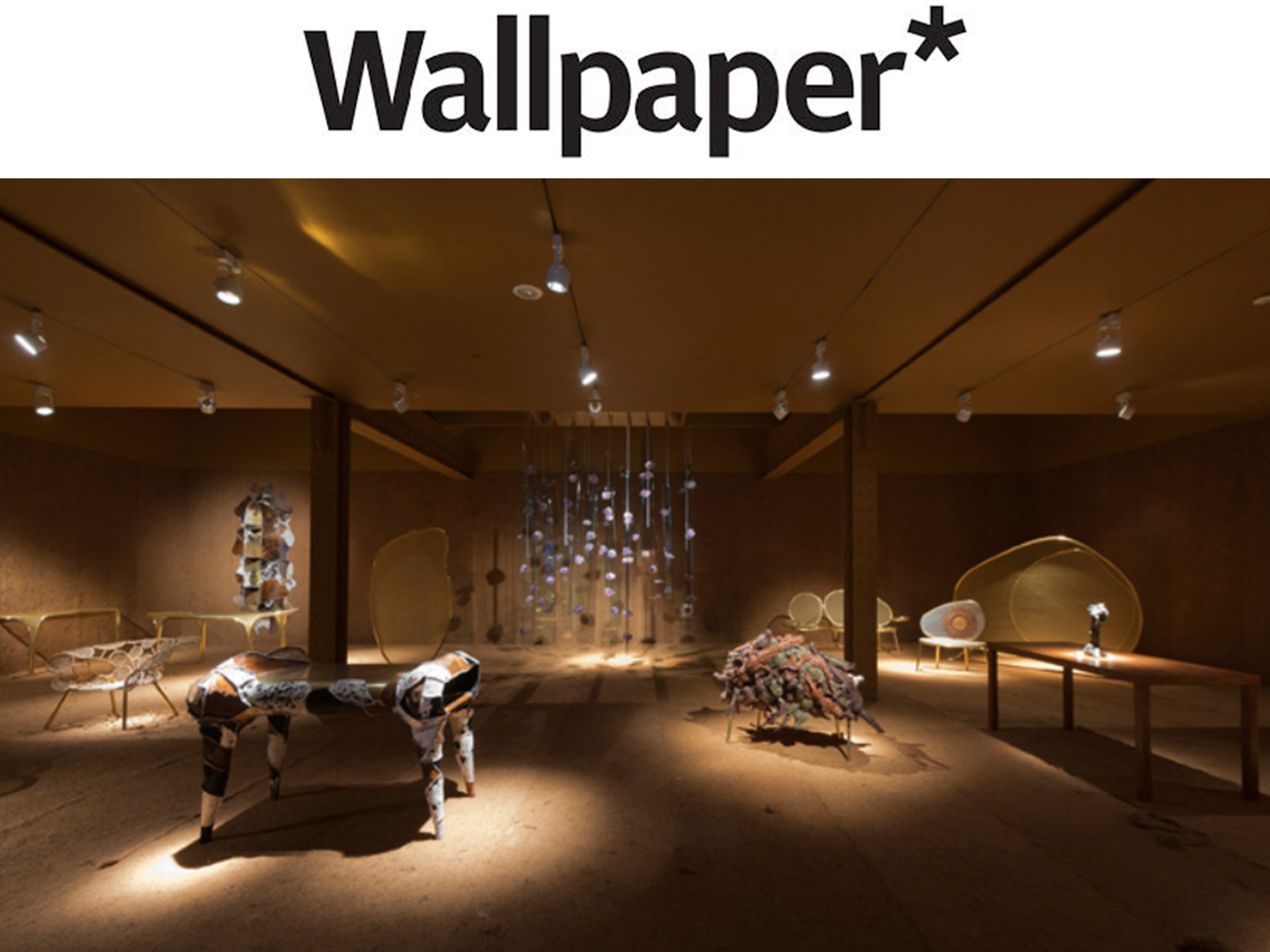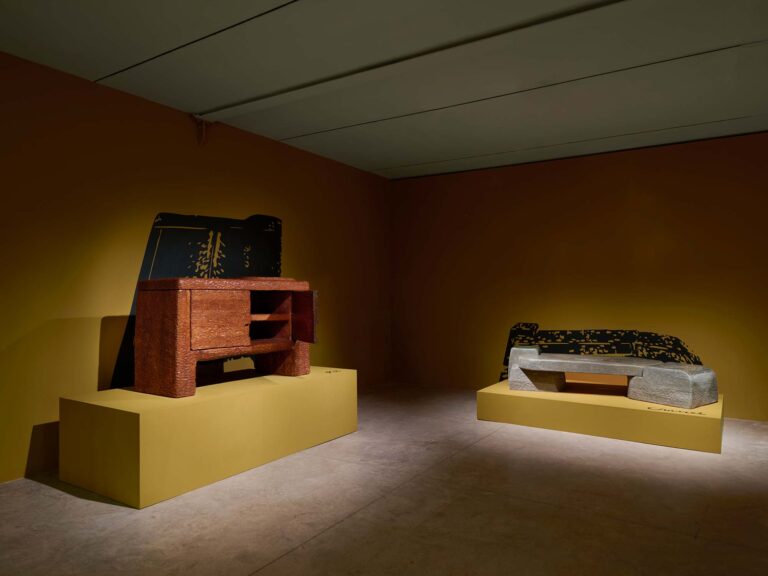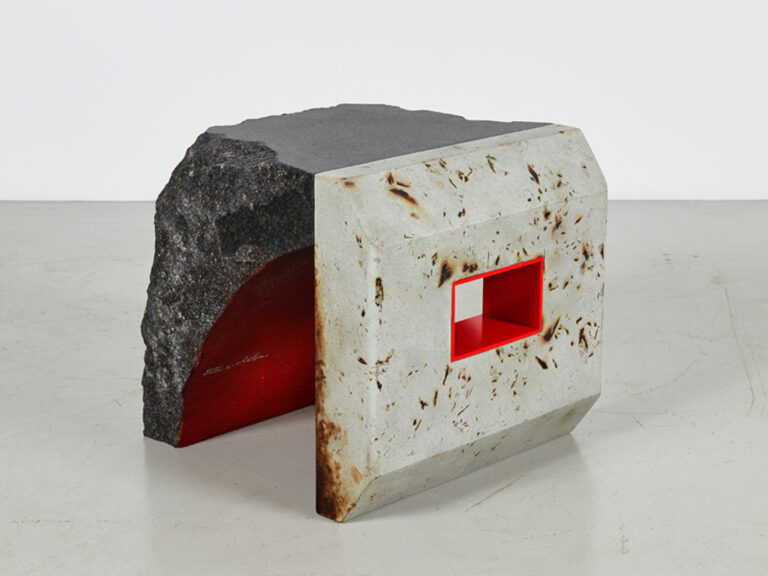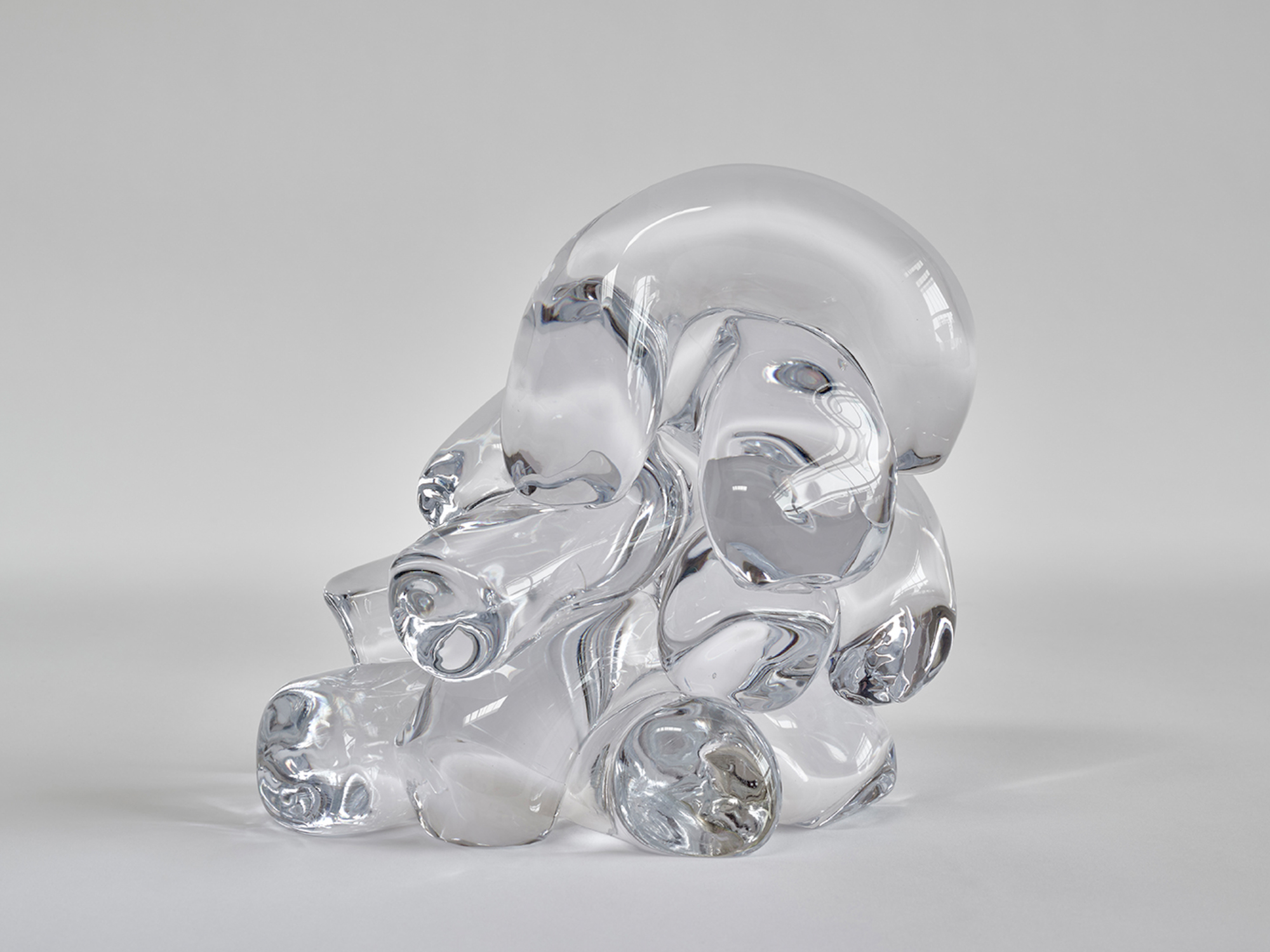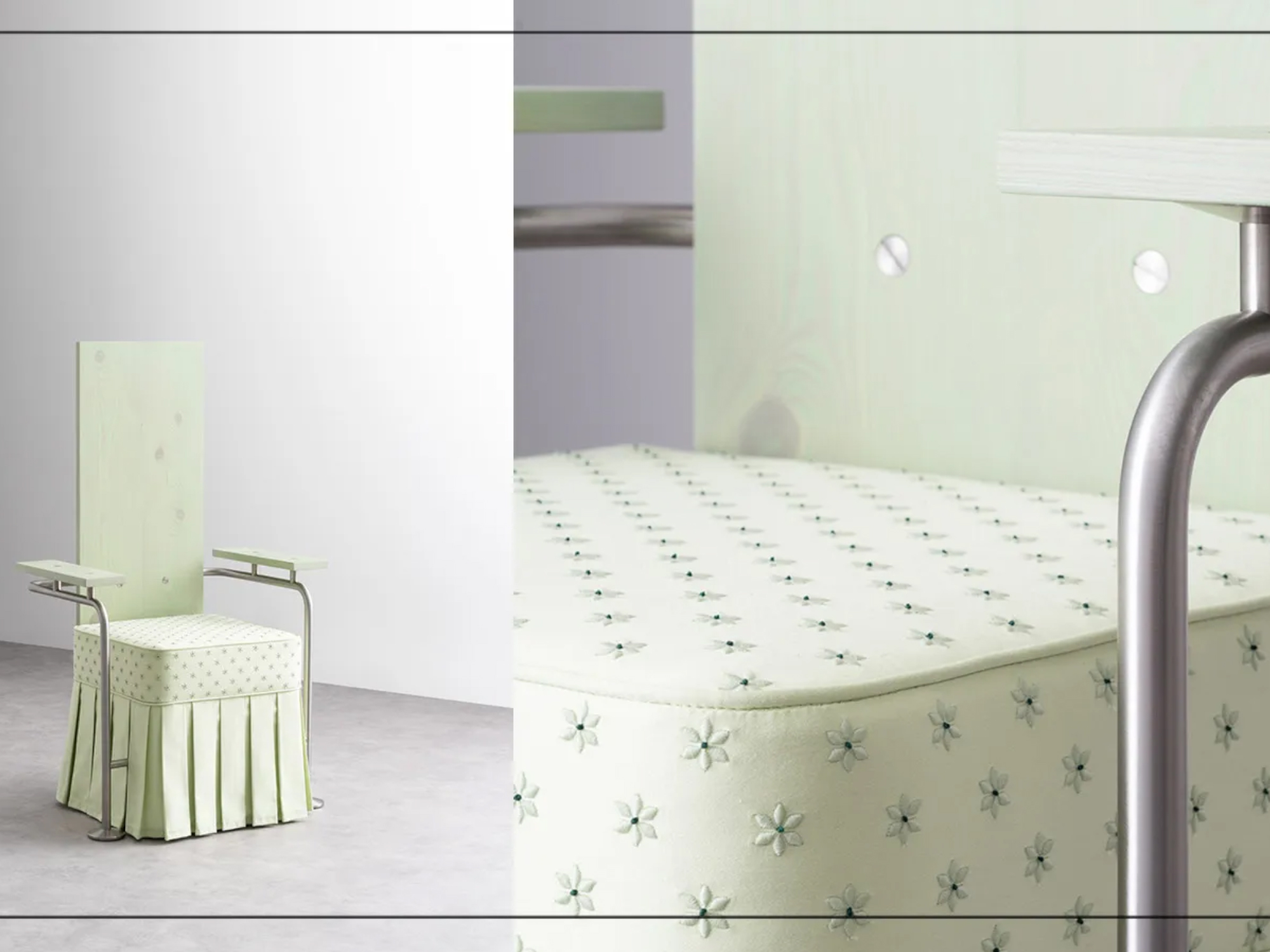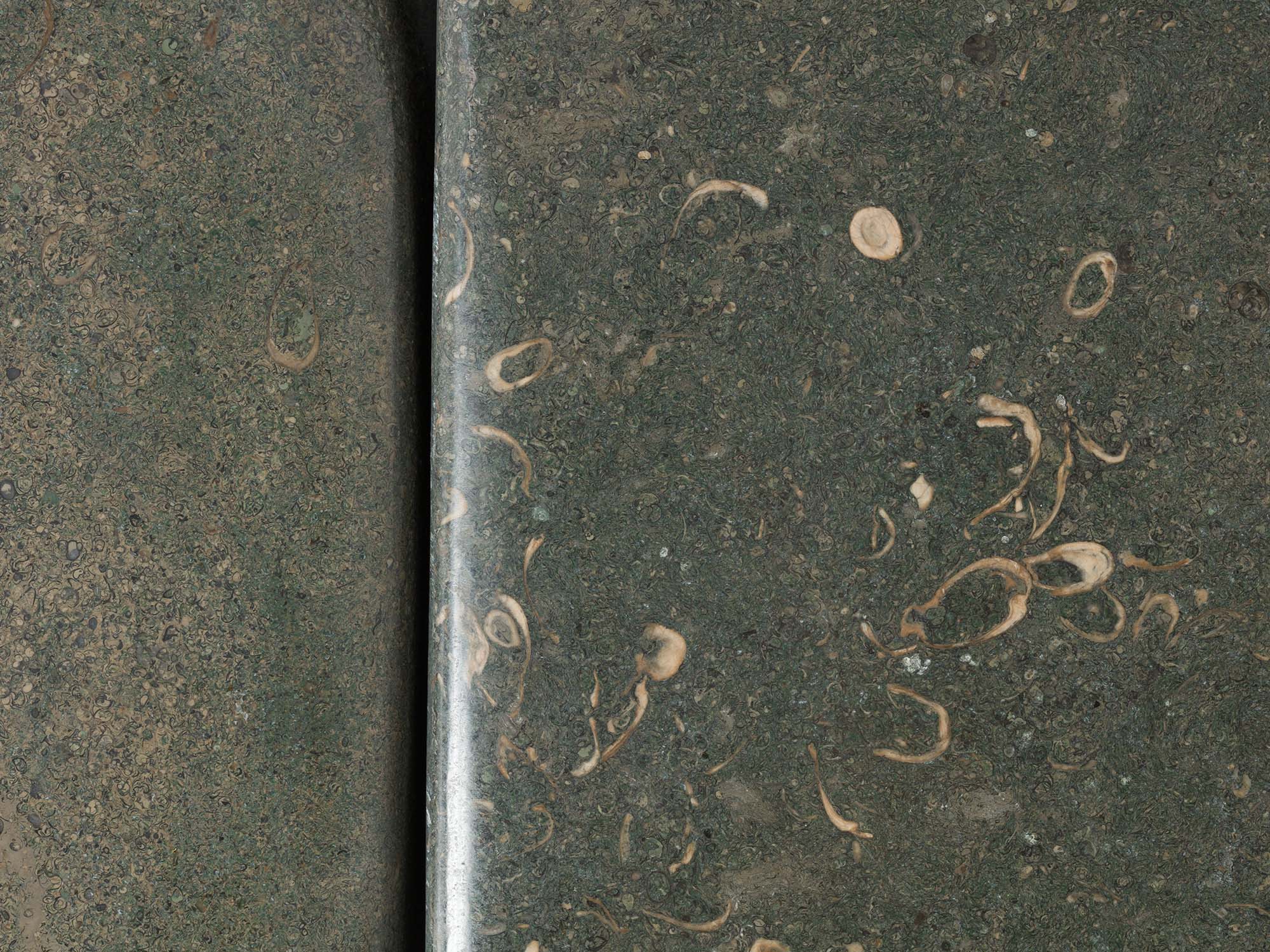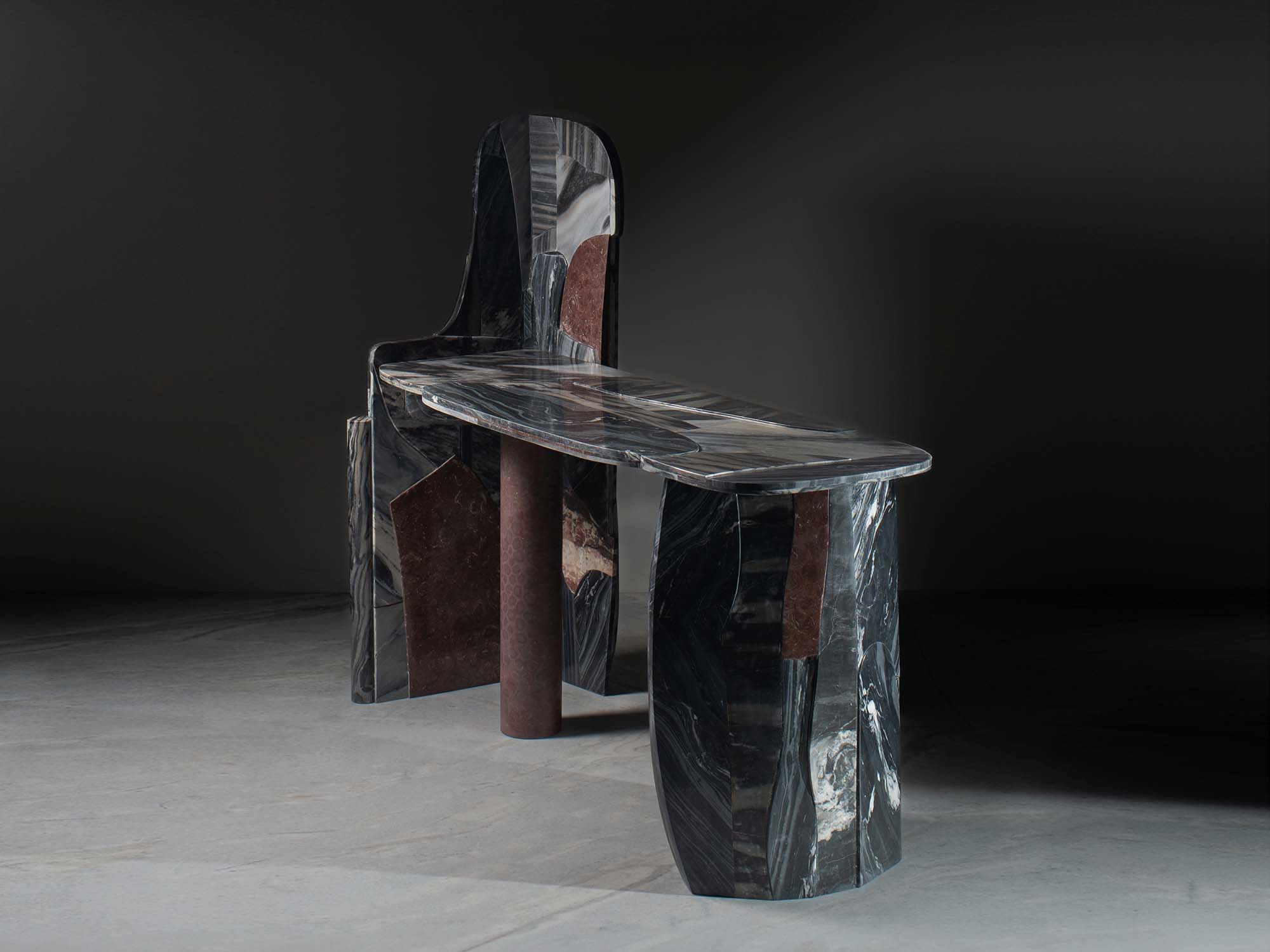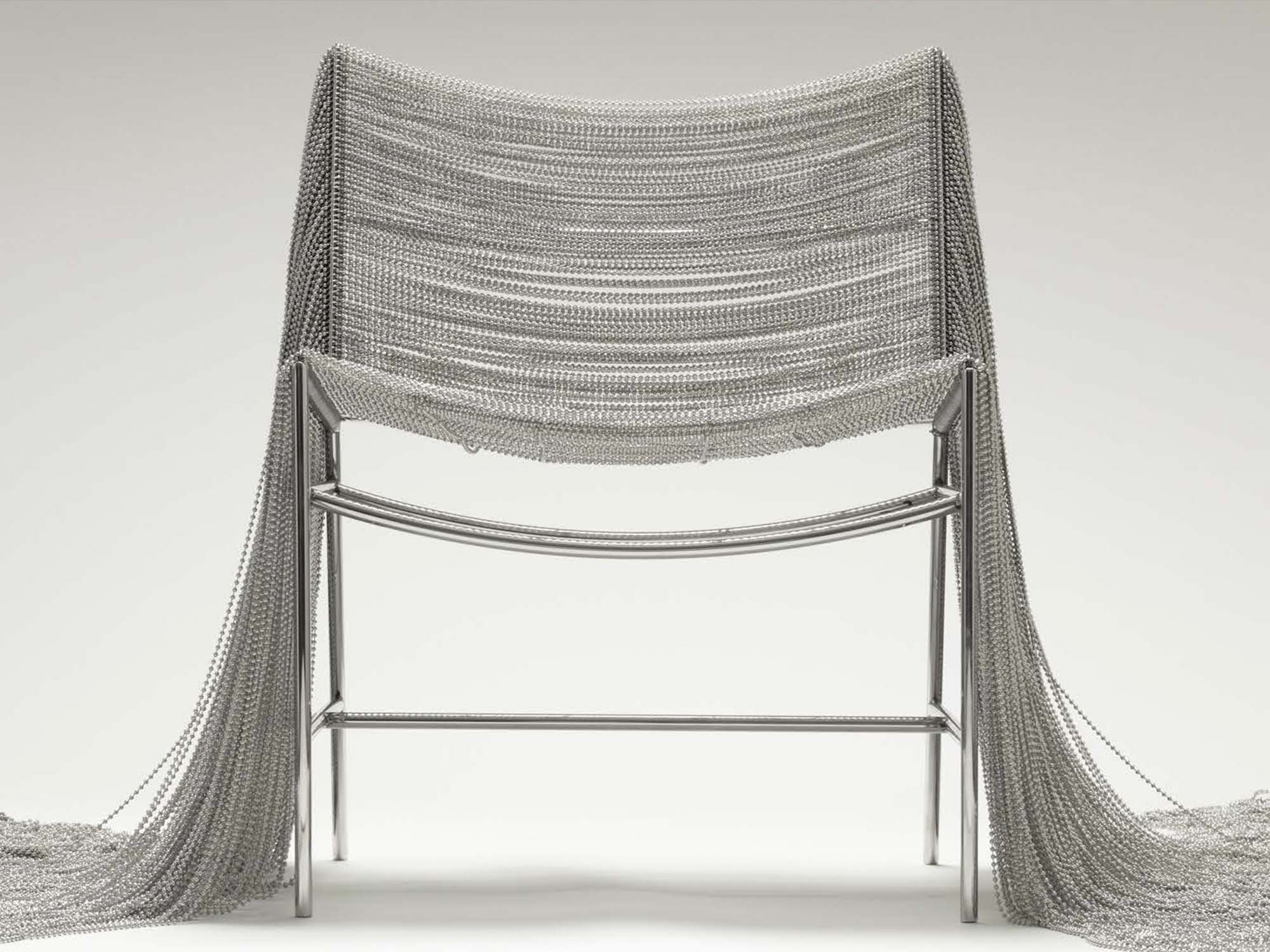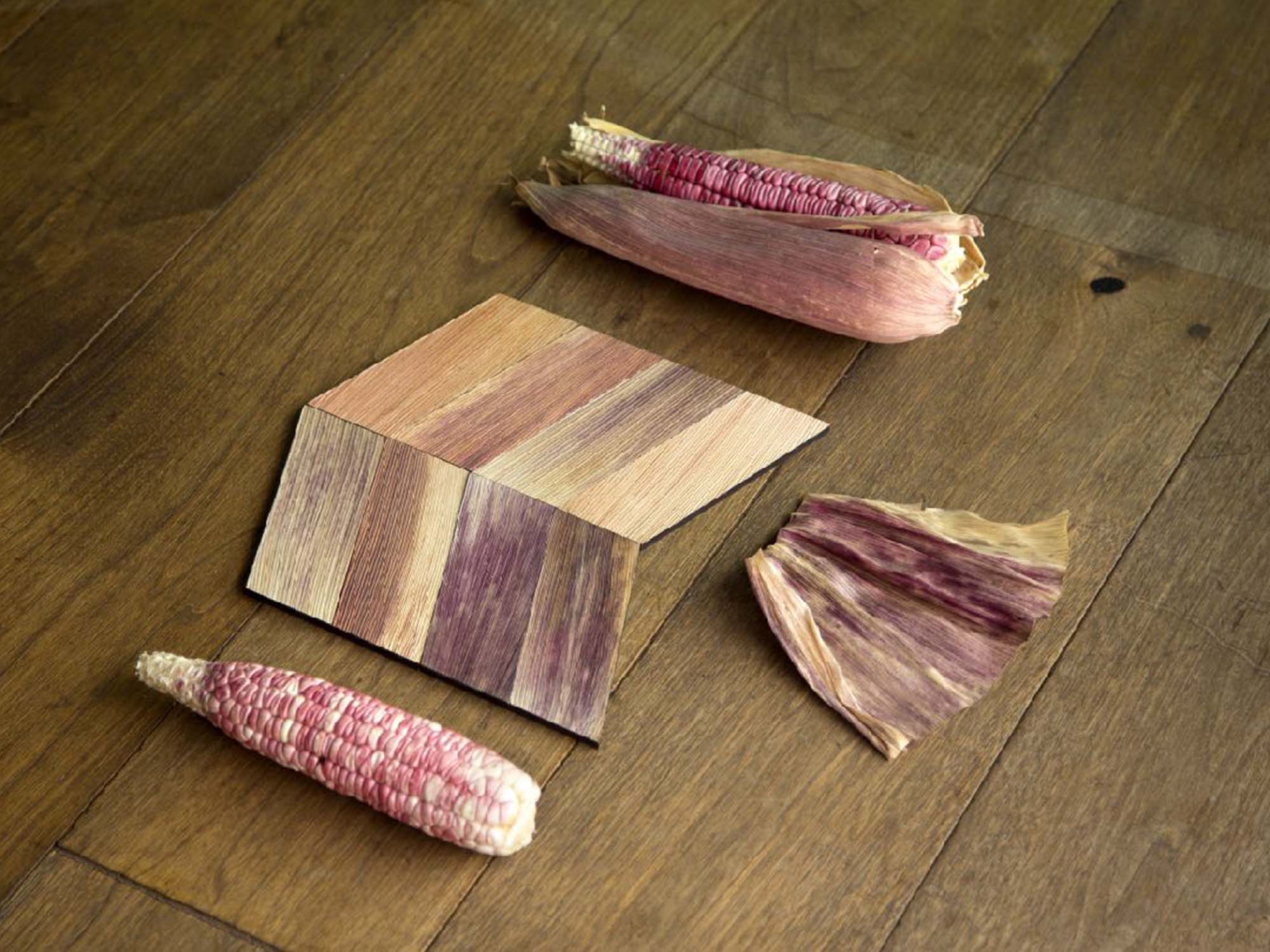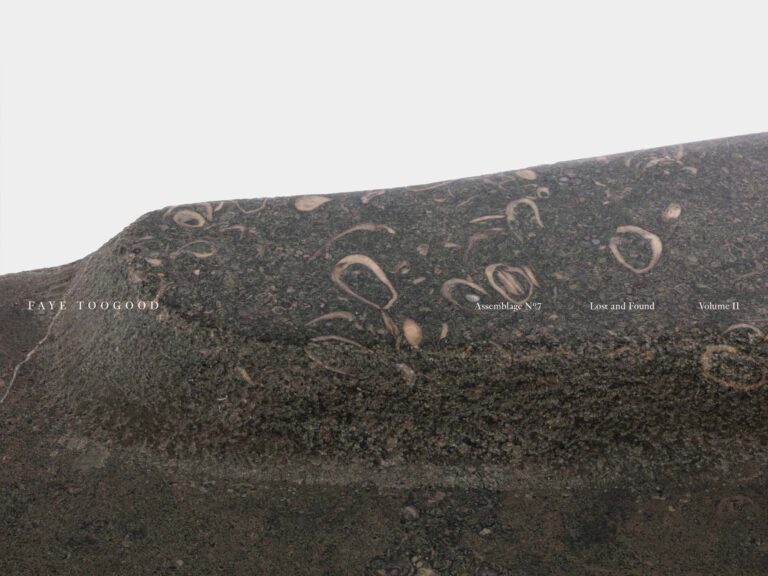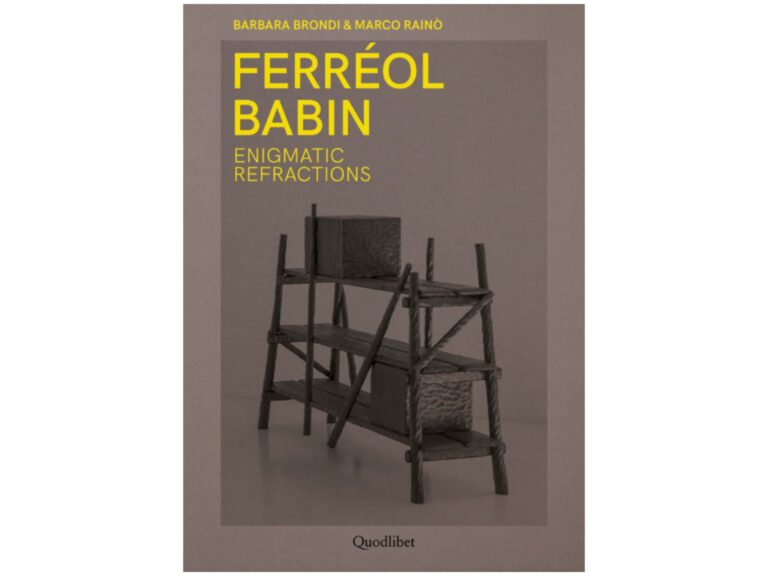By Pei-Ru Keh
It seems fitting that Fernando and Humberto Campana should toast 30 years of creative partnership with their first solo show on American soil. This week sees the Brazilian brothers take over the Friedman Benda gallery in Chelsea, New York, with ‘Campana Brothers: Concepts’, a group of dramatic prototypes the duo has been developing since the start of the year.
The brothers have taken the opportunity here to reiterate the principles that have consistently informed their work: sustainability, handcraft and experimentation with materials. This show charts their progression in each of these areas while underlining the playful, lighthearted and wholeheartedly Brazilian approach we’ve come to love.
At the centre of ‘Concepts’ is the ‘Circles’ chair, an exploration of the tennis racket chair conceived back in 2010 and ultimately written off as a mistake. The Campanas have revisited the woven, organic form in their ‘Racket’ series, a family of brass-framed benches, consoles and screens that incorporate nylon-stitched lattice and woven elements of old Thonet chairs.
The pair’s longstanding affection for natural materials manifests itself in the gallery walls themselves, which have been covered in coconut fibres, creating an immersive environment.
Stitched cowhide panels cover parts of the ‘Boca’ wall-mounted bookshelf and brass table, making them appear to emerge from the walls and floor. The ‘Ametista’ series of cabinets boast large amethyst crystals inserted within the glass. And a cabinet coated in tanned pirarucu skin (a large, sustainably farmed freshwater fish from Brazil) stands out in all its eco-conscious glory.
Speaking in tandem, the Campanas took stock of the exhibition’s main threads. ‘We like the time that it takes to make a piece,’ they said, ‘because we learn that we have several paths for reflection. Different materials allow us to investigate different concepts. We want to investigate natural materials more and find new possibilities to be as environmentally conscious as possible. ‘Sometimes we don’t achieve this, but [we’ve] liked to push in this direction since the beginning.’
